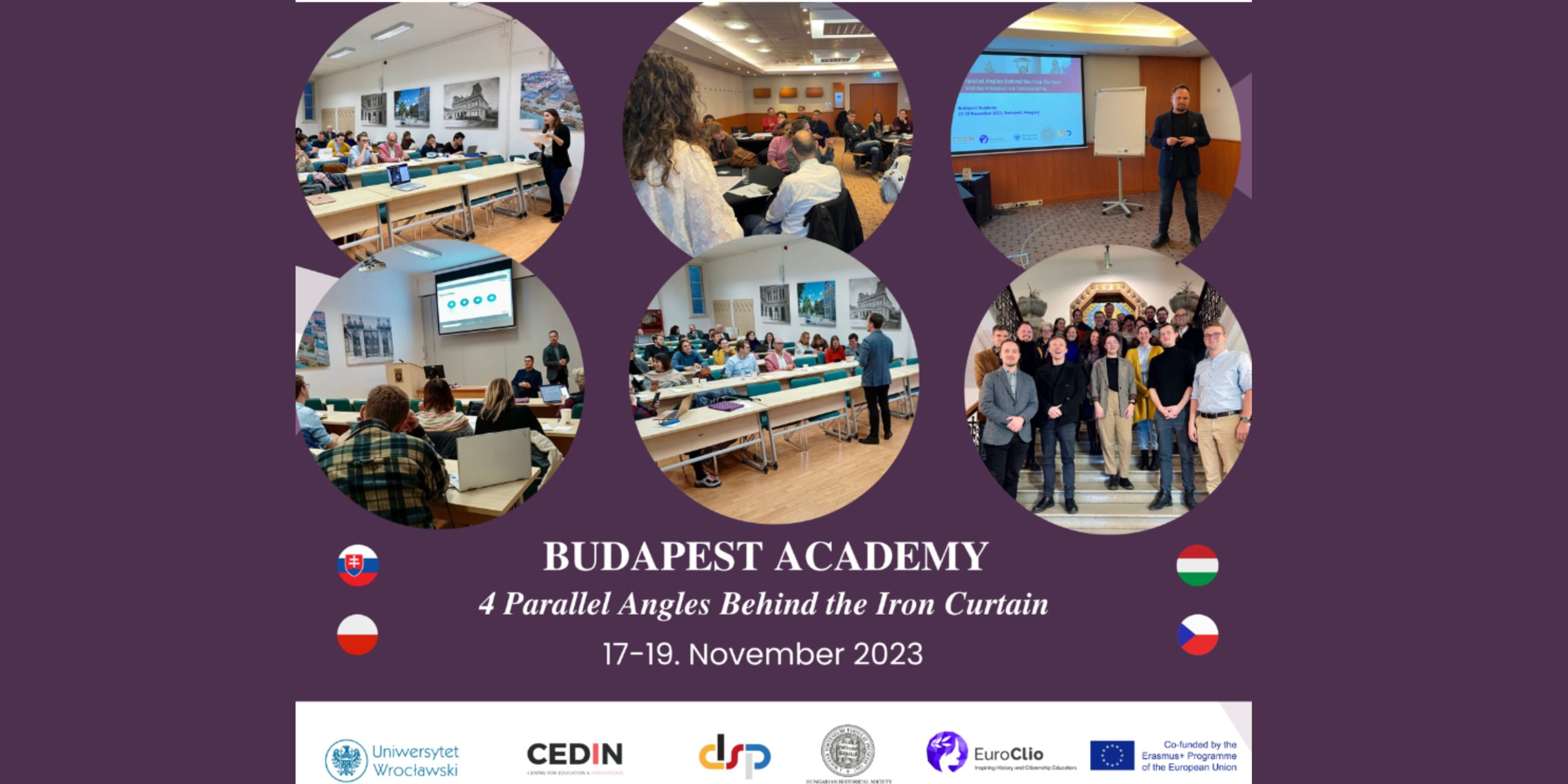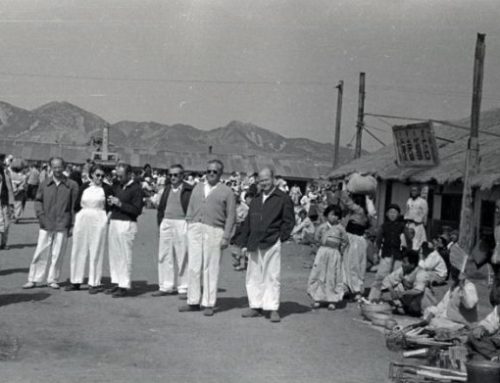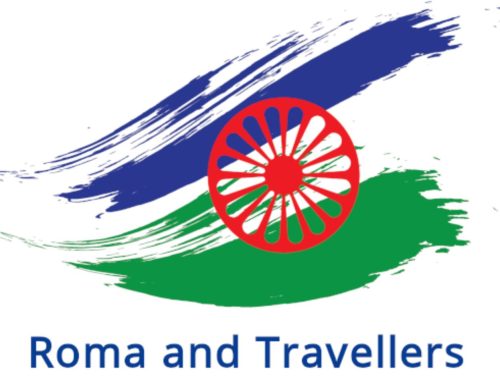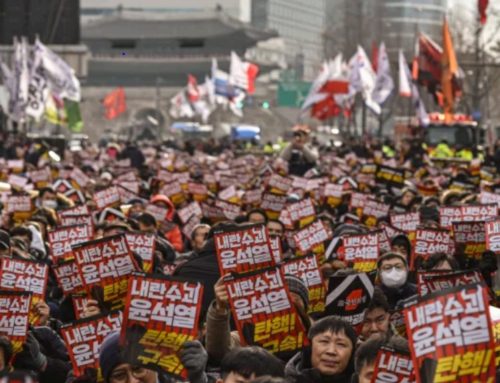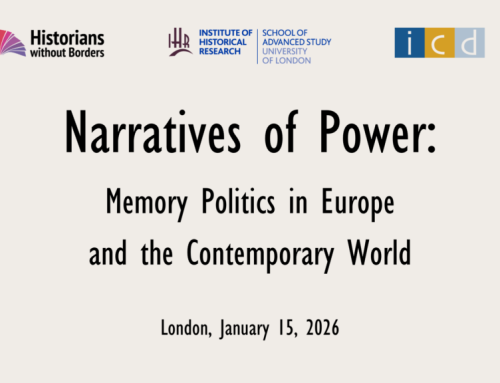Budapest hosted the first project meeting of Erasmus + cooperation Making Visegrad Histories Digital, with the partnership of EuroClio, Center for Education and Innovation (SK), Hungarian Historical Society (HU), German School of Prague (CZ) and Wroclaw University. Forty people gathered in Budapest to start a joint initiative for the production of a collection of complex learning materials about state socialism in the Visegrad Region: Poland, Czechoslovakia, and Hungary.
History educators, history didactics experts and historians shared their thoughts on the historical period and its depiction in different classrooms.
On the first day, participants were introduced to the in-depth background and aims of the international project. Juraj Varga, the lead coordinator from Slovakia, summarised the crucial information, outlined the expected products and milestones and opened the event with some ice breaker activities. Following a series of team-building exercises, the participants started working with the Polish coordinator Marta Kopiniak on potential historical themes and subtopics of collaboration.
Saturday’s venue was Pázmány Péter Catholic University Faculty of Humanities and Sciences, where project members participated in several workshops.
Firstly, Prof. Alena Mikulasova (project advisor from Constantine the Philosopher University in Nitra) held an exemplar activity module on socialist collectivisation, she introduced one of the most well-planned activities from the previous phase of the cooperation, Online Teaching in the Visegrad Region.
Secondly, two lectures on socialist finance, with an emphasis on collectivization and financial regulation were presented. Prof. József Ö. Kovács, a professor at Pázmány University and a full professor at the Hungarian Academy of Sciences, spoke about the social consequences of collectivisation. Dániel Hollósi, research fellow of the Office of the Hungarian Committee on Remembrance, spoke about the initiatives and working process of the Supreme Economic Council in Post-World War II Hungary.
The lectures were followed by history didactic presentations on media and propaganda. Prof. Barnabás Vajda, project advisor and associate professor of János Selye University, shed light on the Czechoslovakian situation of propaganda in the socialist period. Professor Vajda highlighted the role of terminology of the region in focusing on the curricular position and aims of the topic of the project, as well as Czechoslovakian characteristics of media and its state control.
Richard Fodor, Hungarian project coordinator and assistant university lecturer at Pázmány University, held a workshop on Hungarian political leadership and media censorship based on 3 primary source collections from the Institute and Archive of the Hungarian Change of Regime.
In the afternoon, Prof. Helen Snelson, project advisor and professor at the University of York, had a workshop on theoretical and practical aspects of learning material development. She spoke about the purpose, assessment and developmental aims of learning activities and inquiry-based learning as a framework for a lesson.
The last day was also rich of content thanks to many presentations and workshops from experts.
Prof. Cenek Pycha, project advisor from Charles University, held a seminar on the selection and use of primary sources, followed by a presentation by Prof. Helen Snelson about the use of Historiana and development. The last presentation was about potential topics and sources by Prof. Miroslav Michela (from Charles University). Juraj Varga led the final workshop of the day, which focused on developing a more focused list of potential subjects and activities.
After a set of creative and meaningful lectures, workshops and discussions, the project will continue with digital collaboration online until the next in-person meeting in Poland in 2024.

